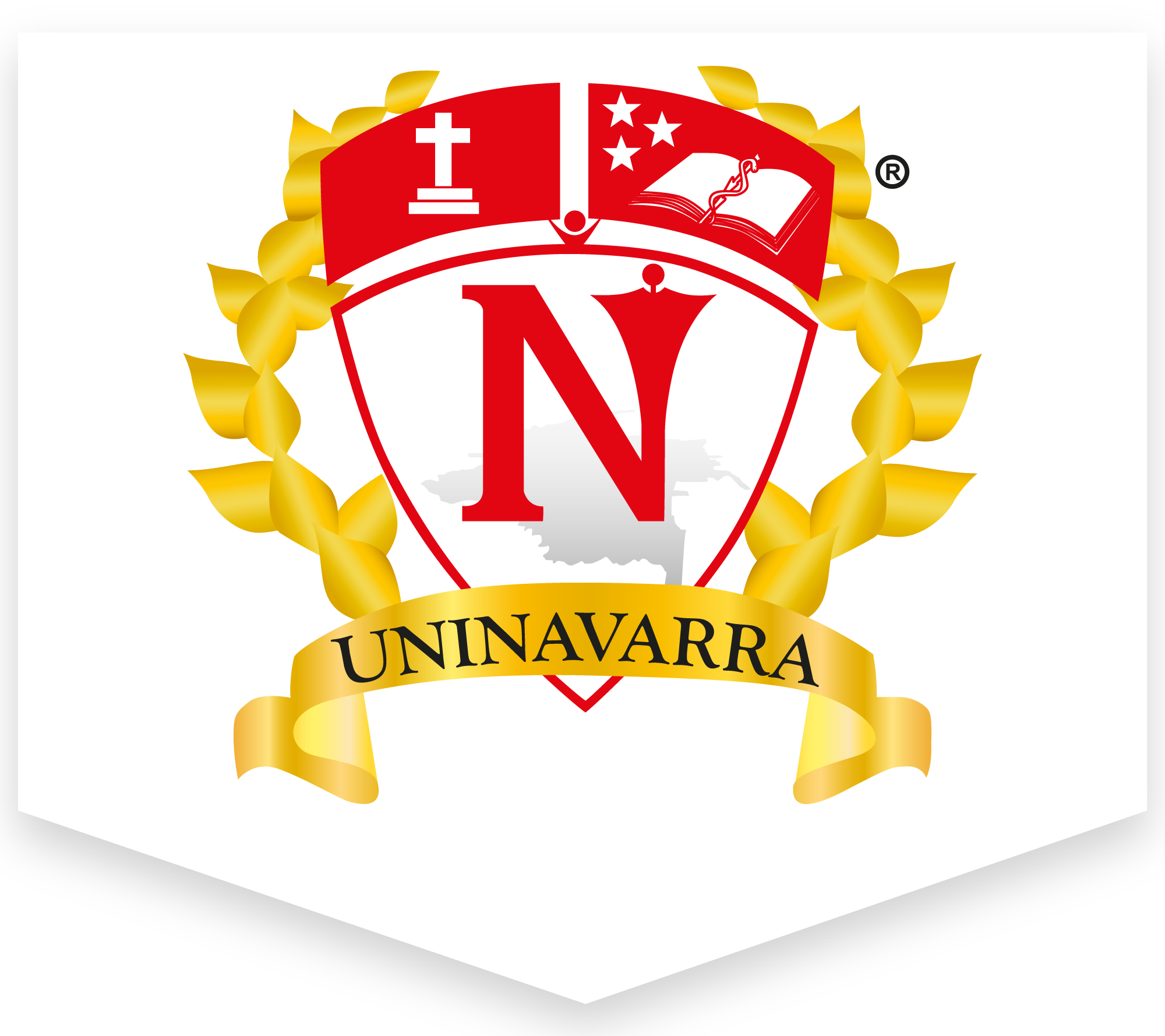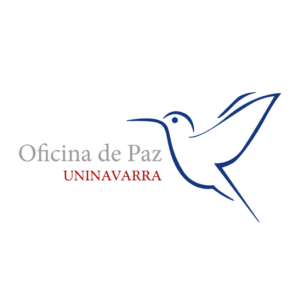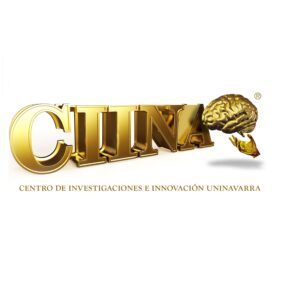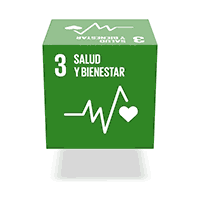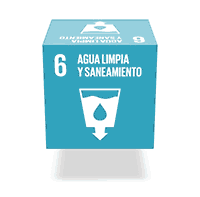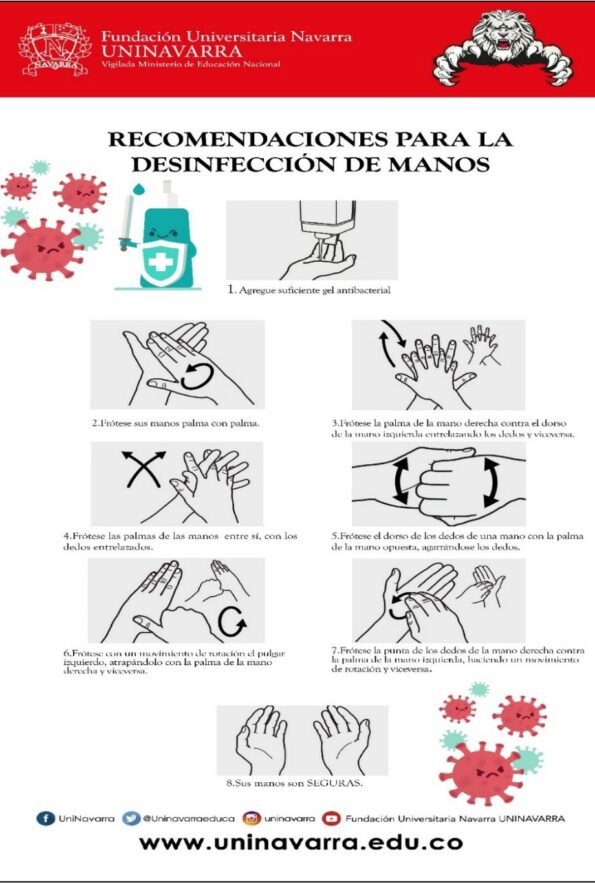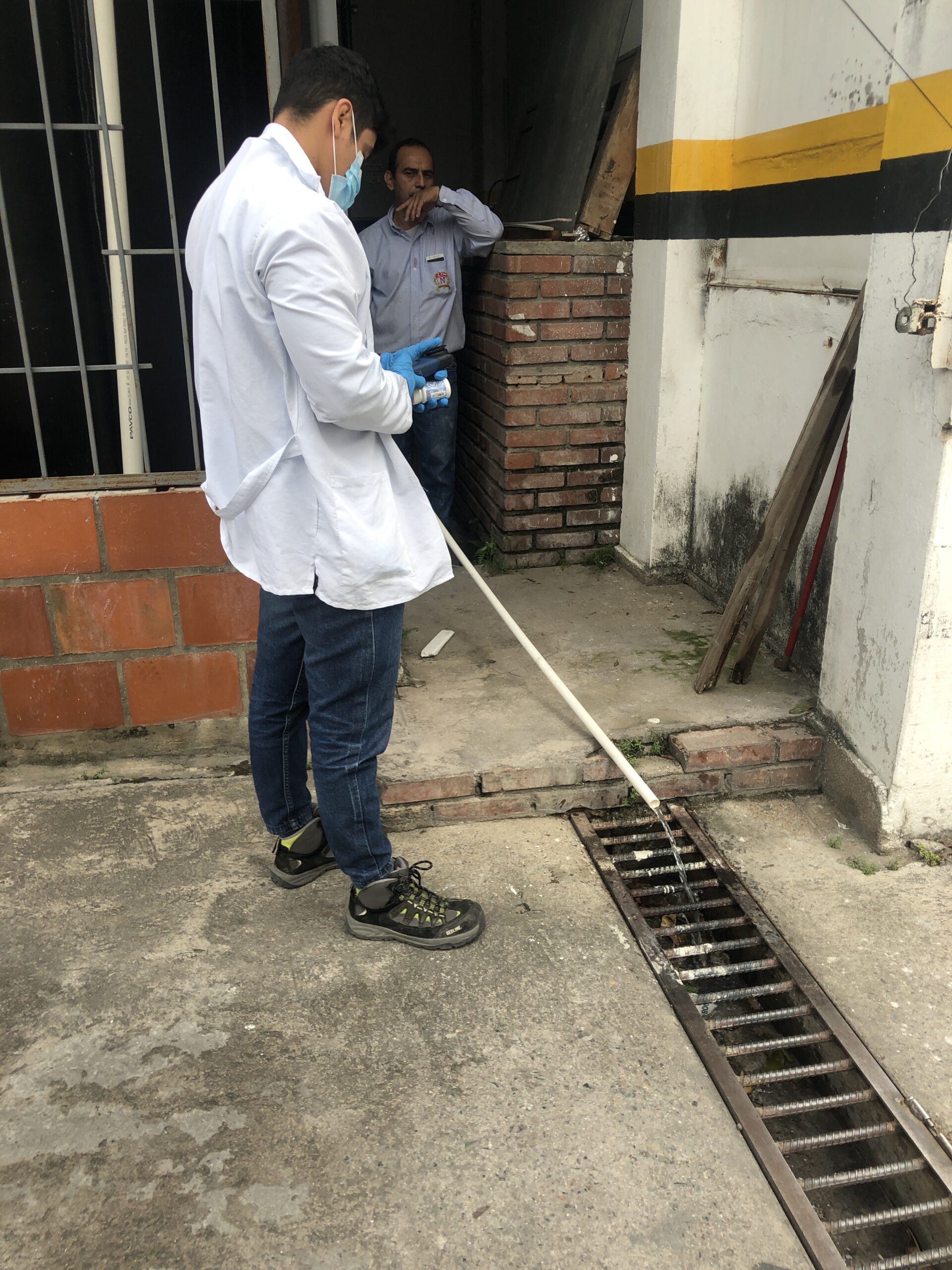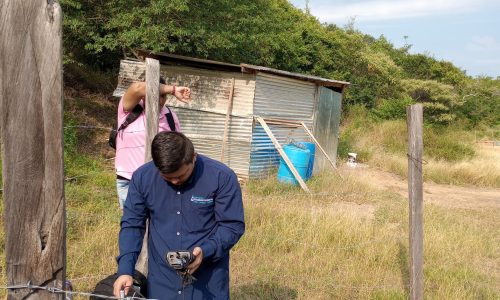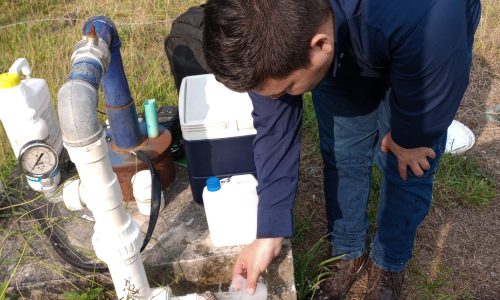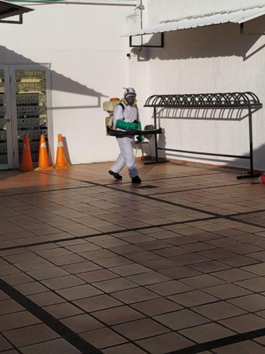The University Foundation of Navarra - UNINAVARRA in the dynamic and diverse environment of the health and well-being of the academic-administrative community are crucial elements for the achievement of educational excellence. In this scenario, the Sanitation Program stands as a fundamental pillar to ensure a safe, healthy and conducive environment for learning and research.
Adequate sanitation is essential to prevent the spread of infectious diseases and safeguard the health of the UNINAVARRISTA community. A comprehensive sanitation program encompasses the provision of basic services such as safe drinking water, adequate sanitation facilities, and efficient solid and liquid waste management.
In addition, proper sanitation not only directly impacts health, but also contributes to the overall well-being of the community. A clean and organized environment fosters a positive atmosphere conducive to learning, increasing student satisfaction and enhancing their educational experience.
Cleaning, cleaning and disinfection
The Navarra University Foundation - UNINAVARRA performs cleaning and disinfection activities in non-critical and semi-critical areas in order to maintain adequate conditions in its various locations and prevent the proliferation of pathogens or biological vectors that may pose a risk to the health of the Uninavarrista community.
Tank washing
The Navarra University Foundation - UNINAVARRA carries out cleaning and disinfection activities of the different storage tanks to ensure that the water available in its facilities is potable and safe for human consumption.
Hand washing and disinfection
Vector and pest control
The measures adopted for vector and pest control in our institution play a fundamental role in protecting the health of students, faculty and administrative personnel, thus guaranteeing a safe and healthy environment for academic and work activities.
These actions not only prevent diseases transmitted by vectors and pests, but also avoid material damages, such as those caused by termites in structures or short circuits caused by rodents. This translates into significant savings in repair and maintenance costs.
In addition, by safeguarding the institution's material and technological resources against damage and loss caused by pests, we contribute to maintaining an environment conducive to learning and research.
Water purification control
The Navarra University Foundation - UNINAVARRA follows the guidelines established in Resolution 2115 of 2007, which details the characteristics and periodicity of the control and surveillance necessary to ensure the quality of water intended for human consumption.
Water potability analysis
The water potability analysis must be performed annually at Ciudad Universitaria Navarra to comply with the requirements requested by the Corporación Autónoma Regional del Alto Magdalena CAM to ensure that the conditions of the groundwater well comply with the provisions of the groundwater concession permit granted to UNINAVARRA.
Pest and Vector Control
Pest and vector control includes: crawling insects (cockroaches, ants, scorpions, ticks, etc.); flying insects (mosquitoes, disease-transmitting mosquitoes) and control of larvae generation centers.
These controls are performed on a quarterly basis. That is to say, they are carried out 3 times a year to guarantee that the UNINAVARRISTA community does not present diseases transmitted by these types of vectors and pests.
Cleaning, cleaning and disinfection
For cleaning, cleaning and disinfection activities, it is considered pertinent to make it clear that this activity is performed daily in non-critical areas. And, only with air fresheners and alcohol.
On the other hand, semi-critical areas are cleaned with sodium hypochlorite at concentrations that allow disinfection of the area.
Hand washing
In articulation with the Occupational Health and Safety Management System, recommendations for hand disinfection are established. Ensuring that in semi-critical areas such as: Laboratories good hand washing is achieved.
